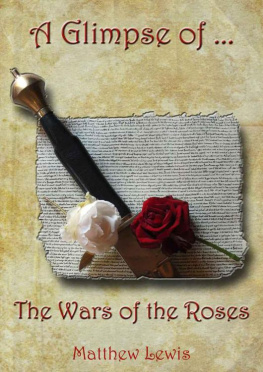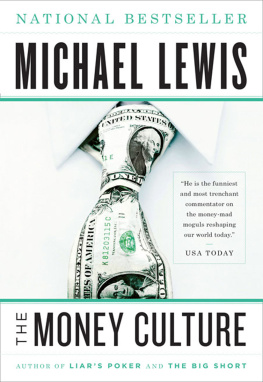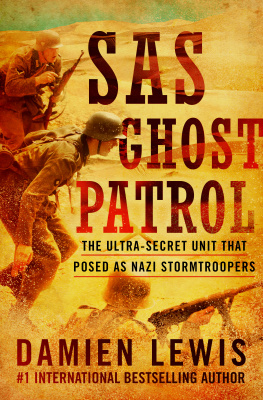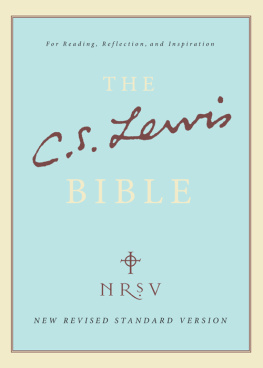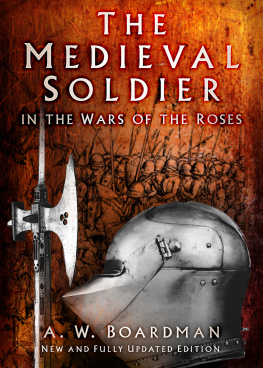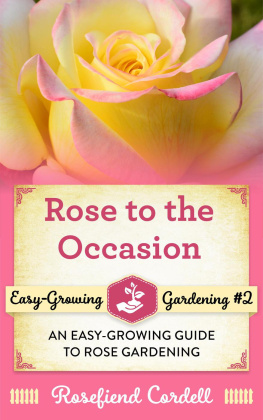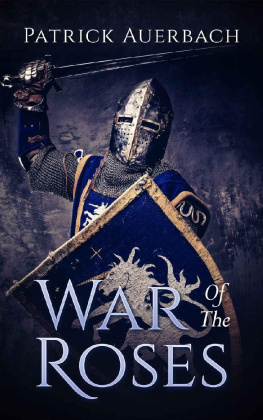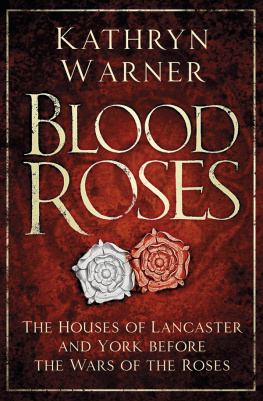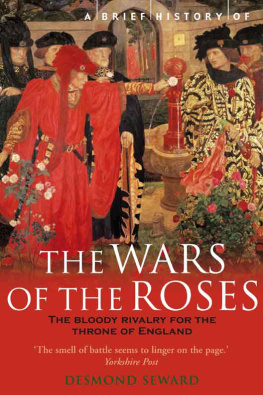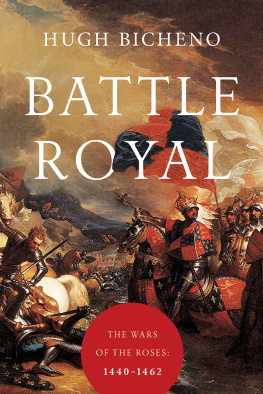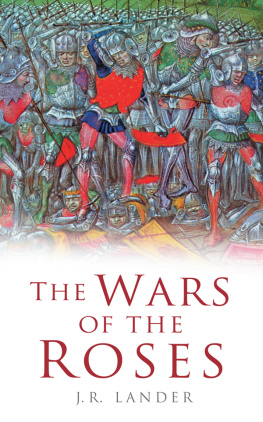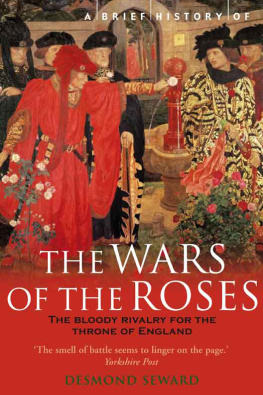Introduction
What is A Glimpse Of ... ?
This book will seek to provide a concise view of the subject and must therefore necessarily leave out much of the detail that can be truly fascinating. A few key events or people will be more closely examined to offer a fuller understanding of some of the issues. Should you wish to delve deeper into the subject there is a suggested further reading list at the end of this book.
I am not a professional historian. I am a passionate amateur, but I have always believed that the key to understanding any historical event, period or topic is understanding the people, not least understanding that they were people. Just like you and I they had hopes, dreams, desires, disasters and disappointments that all came together to make the person remembered to history often as a caricature.
This is not a weight y tome; it is an overview of the subject offering some key details and information. I do not frequently reference source material to avoid making the matter thicker than this view is designed to be.
I hope that you will enjoy reading this book as much as I have enjoyed writing it.
Why This Book?
The Wars of the Roses is a fascinating portion of English history. It changed a great deal about England at the time, bringing about the end of the rule of the Plantagenets, still the longest reigning dynasty in British or English history. It paved the way for one of the most famous, and infamous, dynasties in the world, the Tudors. Without the Wars of the Roses, we would never have had cause to hear much about the line descended from a Welsh servant that itself radically altered England forever.
The Wars lasted for most of the second half of the fifteenth century, with occasional outbreaks of peace. The period is named for the White Rose of York and the Red Rose of Lancaster that disputed the right to the English throne, but there is far more to the story than that. There are around one hundred and fifty species of rose at present, and easily as many disputes, small and large, that contributed to the Wars of the Roses.
With a cast including four kings, characters such as Warwick the Kingmaker, Lady Margaret Beaufort and Thomas, Lord Stanley and with the crown passing back and forth it is a fascinating tale of murder, betrayal, intrigue, love and death. There are unknown fates, reputations that live on today and one of the most contentious kings and alleged crimes in English history.
The Root of the Roses
When considering how, where or why the Wars of the Roses originated, the blame must be laid in large part at the feet of King Edward III. Edward was King of England for fifty years and is considered to have been, by almost any measure, one of the most successful mediaeval monarchs. Under threat from Edward and his mother, Isabella of France, his father, Edward II abdicated in favour of his son. Edward's rule was long and bathed in glory with military success in France, progressive legislation, the continued development of Parliament and the establishment of the Order of the Garter. In his later years though it is possible that Edward suffered one or more strokes and fell into a period of inactivity that led to military failures by his sons and a surge of abuse of the power he was forced to spread out. His rule had not been without severe problems too; Edward's reign had seen the country and its people ravaged by the Black Death.
Edward and his wife Philippa of Hainault were blessed with nine children who survived childhood, five sons and four daughters. Edward had worked hard to find good marriages for all of his children amongst the royalty of Europe in his efforts to expand his dynasty's influence, yet this brought with it the problems of ambitious children keen for the main prize.
The eldest son and heir to Edward III was Edward, the Black Prince. He was a famed military leader, defeating the French at Crecy and Poitiers and appeared set to reign in his father's mould. He had also developed a reputation for harsh cruelty, often ignoring accepted notions of chivalry both on the battlefield and off it. For example, he employed flank attacks to defeat enemies and often sacked and burned towns to disrupt France.
Edward III's other sons were Lionel of Antwerp, Duke of Clarence who died in 1368 aged 29, John of Gaunt, Duke of Lancaster, Edmund of Langley, Duke of York and Thomas of Woodstock, Duke of Gloucester. It is from John that t he House of Lancaster traced its claim and from Edmund that the House of York descended.
On 8 th June 1376, at the age of 45, Edward the Black Prince died at Westminster, leaving his nine year old son Richard as the heir to his grandfather's throne. On 21 st June the following year, 1377, Edward III died also, making his grandson King Richard II at the age of ten. Due to fears that John of Gaunt would usurp the throne he was excluded from the Council that ruled in the young king's name, though in reality retained a great deal of influence. Richard's minority was long and marked primarily by the Peasants' Revolt, during which Richard reached agreement with the rebels only to go back on his word. Towards the end of the 1390's Richard slipped into a period of tyranny, executing many nobles including his uncle Thomas. A dispute arose between John of Gaunt's son Henry Bolingbroke and Thomas de Mowbray, Duke of Norfolk. Richard banished both men. Henry returned to England, landing at Ravenspur in Yorkshire in June 1399. Initially claiming he wanted only to regain the Lancastrian lands and titles of the recently deceased John of Gaunt, Henry eventually claimed the throne and Richard was overthrown. Richard's final fate is unclear but it is possible he starved to death in captivity.
Henry Bolingbroke ruled as King Henry IV, the first Lancastrian king. His son Henry V has passed into legend following Agincourt and the conquests made in France. In 1422, Henry V died on campaign, leaving a nine month old son to take the throne as King Henry VI. Henry 's minority was longer still than Richard II's. His uncle Humphrey, Duke of Gloucester acted as Protector in England while another uncle John, Duke of Bedford became regent of the French territories. When Henry came of age he favoured seeking a peaceful settlement with France, supported by Cardinal Beaufort, a half-uncle of Henry V and William de la Pole, Earl of Suffolk. This approach was vehemently opposed by the king's uncle Humphrey and by Richard, Duke of York but they were ignored.
As part of the agreement for his marriage to Margaret of Anjou in 1445, Henry agreed to give up land in Maine and Anjou, a move deeply unpopular, particularly with Humphrey and the Duke of York, and which seemed to focus anger upon the Earl of Suffolk who Henry was keen to protect. Lines were drawn at the court of King Henry VI and it is at this point that tensions reached breaking point.
The Great Families
During the mediaeval period England was ruled by a monarch who sat at the summit of the social order. Directly below were the nobility, ranked by title, Duke being the senior followed by Earl, Marquis, Viscount and the emerging gentry titled Lord . The general populace owed allegiance to their Lord, usually the noble who owned the land on which they lived. When called upon to do so, they were required to give service to their lord on the battlefield. They would have possessed little choice in the matter; it was not a question of whether they agreed with their Lord's cause, merely a question of keeping a roof over their family's heads.
The clergy operated alongside this system. They owed their ultimate allegiance to the Pope in Rome and the monarch was not normally permitted to interfere in matters of ecclesiastical justice. Bishops and Archbishops often served within the political body as members of the Council and many had a great impact upon the political world. A career in the church could provide a way through life for a younger noble son unlikely to inherit anything of his own or for ambitious men from non-noble backgrounds.
Next page
